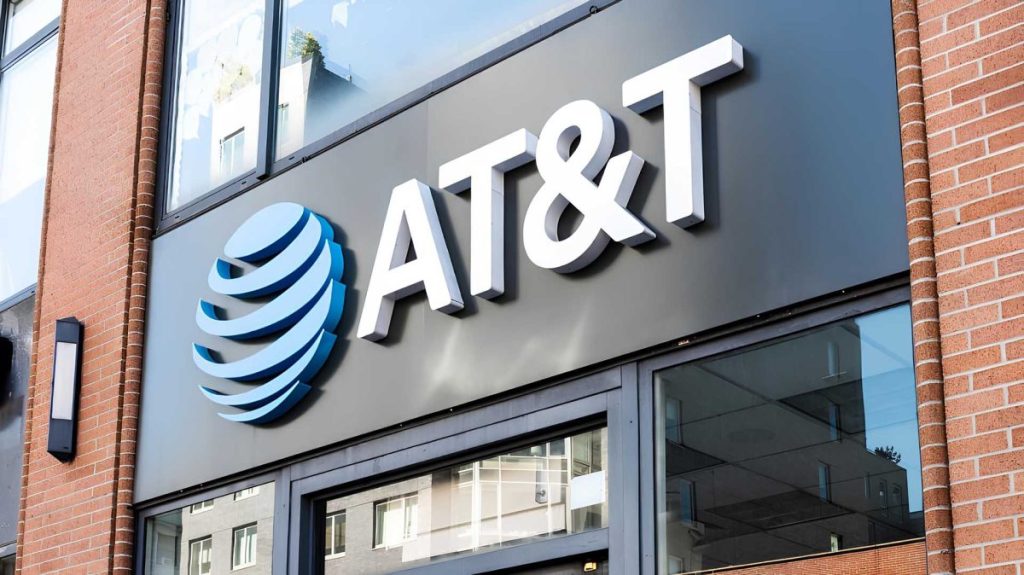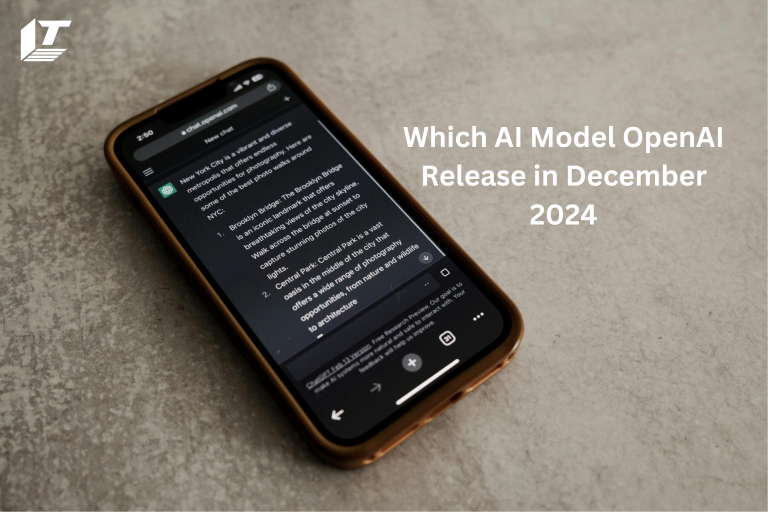A major hacking breach occurred at AT&T, resulting in the illegal downloading of 2,022 call and text information from 109 million customer accounts. At least one person has been taken into custody as part of the FBI investigation. The hack is the most recent of many high-profile attacks targeting Americans.
AT&T’s Response to Data Theft
AT&T revealed last Friday that hackers had compromised the phone records of millions of its customers. The telco is in negotiations with ShinyHunter, which is notorious for compromising data through unsecured Snowflake cloud storage accounts.
Experts from TRM Labs and blockchain monitoring tools confirmed that the hacker received 5.72 bitcoins, or about $373,646, in exchange for erasing the data.
Chris Janczewski of TRM Labs pointed out that while the money was laundered through multiple exchanges, the owners of the wallets are still unknown.
Reddington’s Role in Negotiation
Acting as a middleman, security researcher Reddington confirmed the fact that AT&T had previously paid the hacker a large sum of money. He revealed that AT&T chose to negotiate down from an initial demand of $1 million to about a third of that amount at his direction.
Intrigued by the gravity of the data’s value and the potential for it to be auctioned off, Reddington helped negotiate. “Given the critical nature of the data and the potential harm, I felt compelled to make sure it wasn’t sold elsewhere,” he said in an interview with Wired.
Implications and Ongoing Risks
There are still concerns that some data can be compromised even after assurances of deletion. Reddington believes all data was deleted from the shared cloud server. Reddington was initially involved in discovering the vulnerability because of his interactions with an American hacker in Turkey.
Small data samples, however, may still be retained, which could put AT&T customers and their connections at risk.
Disclosure of the breach was delayed because of a Justice Department exemption, which emphasizes that businesses must do the hard work to protect client data from ever-more-sophisticated cyberattacks.
The incident raises concerns about the effectiveness of paying hackers as a means of protecting sensitive data, in addition to exposing vulnerabilities in cloud storage security.
Ada Spark is a tech explorer and creative content creator with 6+ years of experience. Appreciate teamwork and creative strategies to promote content. Always looking to work according to the latest trends and create content that makes a difference. Also familiar with infographics and other forms of content.








